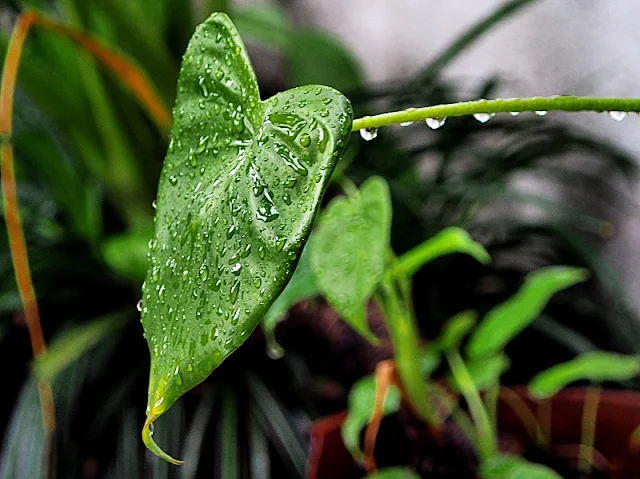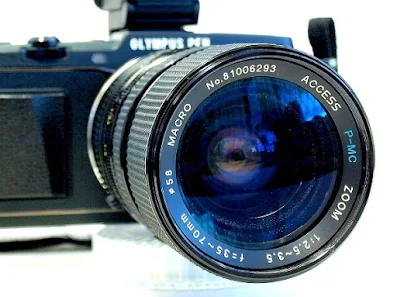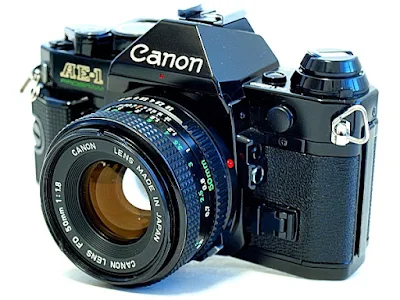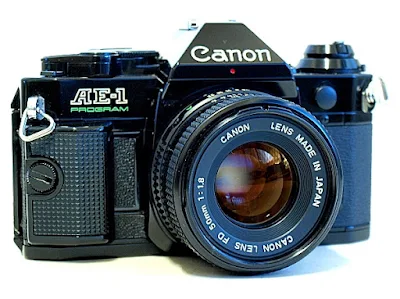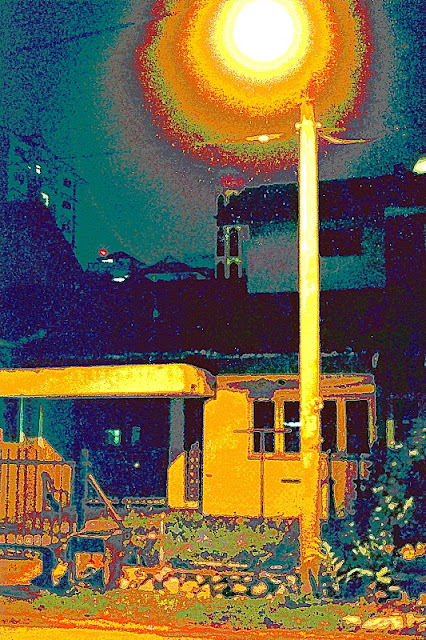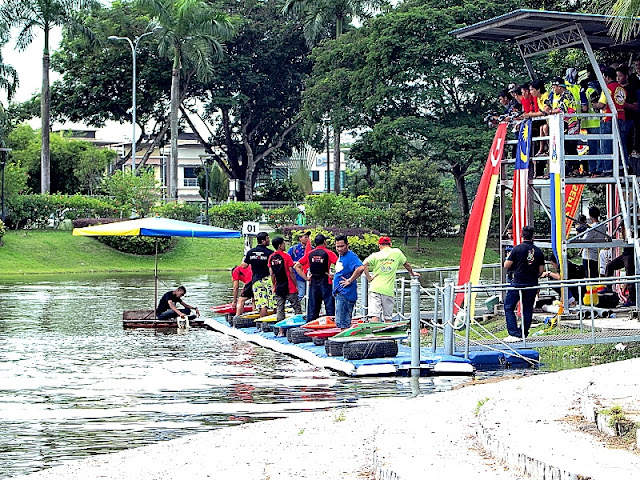Solid as a tank, being of all glass and metal construction, the lens weighs in at 460 grams and comes with an array of four rings for manning (from back to front) Aperture, Macro, Zoom, and Focus functions. The filter thread is 58mm. Physically, the lens is lighter and smaller than the Tamron SP 28-80mm 1:3.5~4.2 CF Macro, almost the size of the Sigma Zoom-Gamma 21-35mm 1:3.5~4, both of which I posted earlier.
The zoom range, however, is only equivalent to the S Zuiko Auto-Zoom 35-70mm 1:4 (another post here), but with the ability to shoot in macro mode and the ability to let in more light up front. The widest aperture of 1:2.5 can be used on all focal lengths except when in full zoom at 70mm, where the aperture jumps to 1:3.5.
Using the Macro function is more manual as it requires you to first disengage a locking pin before you can turn the ring to get the macro mode going. Shooting aperture priority means that I do away with the need for another set of fingers on the aperture ring.
I was actually quite pleased with how these test images turned out. Colors are vivid, contrast is good, while bokeh shows a lot of potential. Sharpness, however, is just not here, while precise focusing is made more difficult with an extremely short focus throw of less than a quarter turn from the closest focusing distance of 0.7m to infinity.


